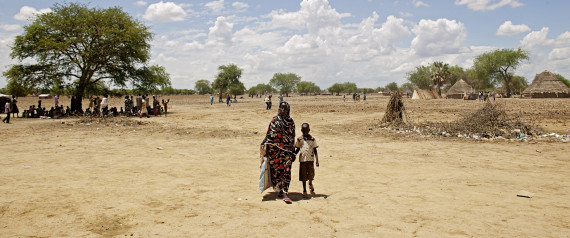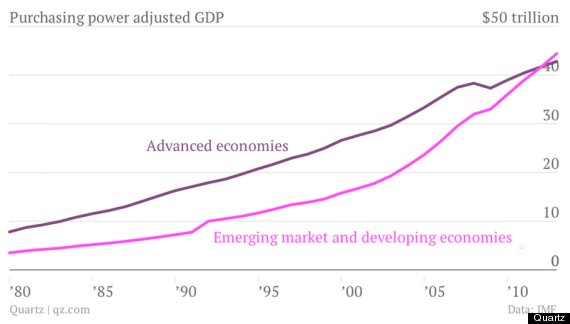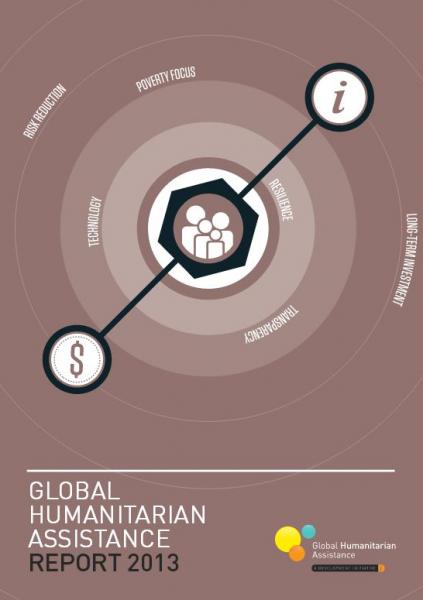You are here
Tue, 2011-08-30 10:17 — mdmcdonald
This working group is focused on sustainable economics and financial balance within resilient social ecologies.
The mission of this working group is to build sustainable economy and financial balance within resilient social ecologies.
Add Content to this group
Members
| Corey Watts | david hastings | Elhadj Drame | John Girard | Kathy Gilbeaux | LintonWells |
| Maeryn Obley | mdmcdonald | Samuel Bendett |
Email address for group
economics@m.resiliencesystem.org









Recent Comments